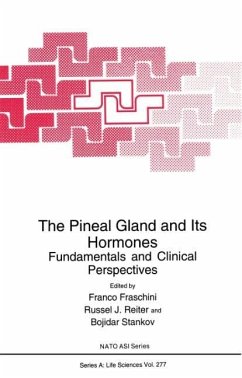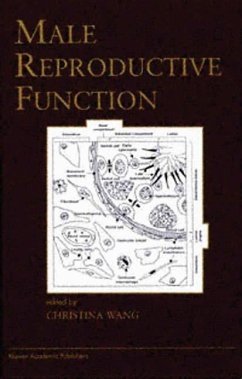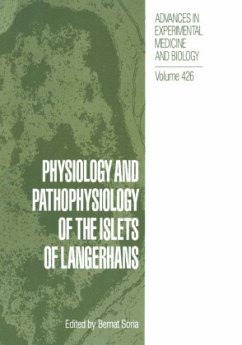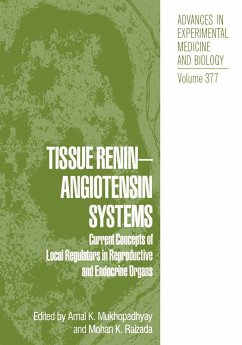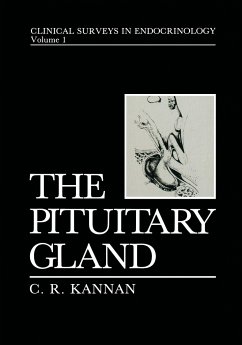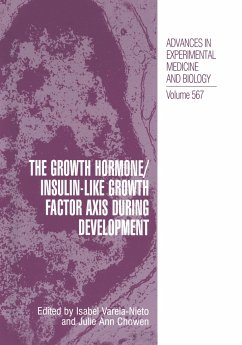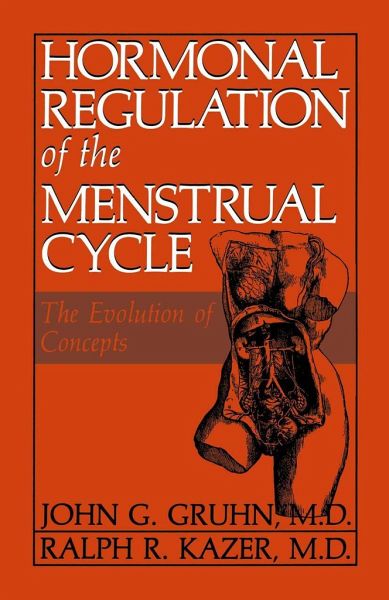
Hormonal Regulation of the Menstrual Cycle
The Evolution of Concepts
Versandkostenfrei!
Versandfertig in 6-10 Tagen
38,99 €
inkl. MwSt.

PAYBACK Punkte
19 °P sammeln!
For out of olde hokes, in good feyth, Cometh all this newe science that men lere. Geoffrey Chaucer The Parliament of Fowls During the past two decades knowledge of the human menstrual cycle and of normal and abnormal reproduc tive function has increased at a dramatic rate. As rec ognized in this volume, this explosion of knowledge is due in large measure to the development of radio immunoassays for the measurement of the minute quantities of reproductive hormones found in the cir culation. Yet the foundations for the many recent developments were laid well in advance. The concepts and hypothes...
For out of olde hokes, in good feyth, Cometh all this newe science that men lere. Geoffrey Chaucer The Parliament of Fowls During the past two decades knowledge of the human menstrual cycle and of normal and abnormal reproduc tive function has increased at a dramatic rate. As rec ognized in this volume, this explosion of knowledge is due in large measure to the development of radio immunoassays for the measurement of the minute quantities of reproductive hormones found in the cir culation. Yet the foundations for the many recent developments were laid well in advance. The concepts and hypotheses tested were often suggested even be fore the hormones involved were identified and iso lated. A consideration of the historic aspects of re search in this field places recent research in the appropriate perspective. Moreover, as presented by Drs. vii viii FOREWORD Gruhn and Kazer, the history of progress in this field makes fascinating reading. A review of the history of reproductive endocri nology should be required reading for all students of the subject and reproductive endocrinologists in train ing. Dr. Griff T. Ross, a noted reproductive endocri nologist, often instructed his students that every hy pothesis he tested could be found in some form in the publications of previous scientists. The answers to present and future questions are often hidden in the lessons of the past.



